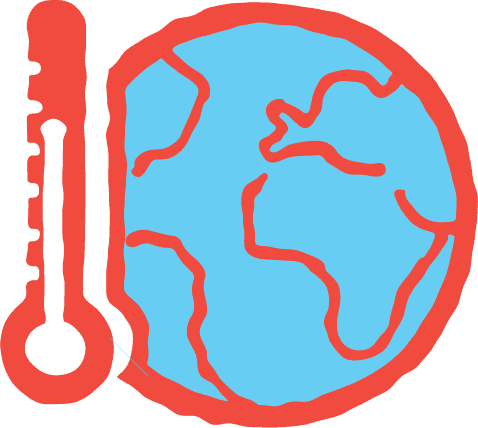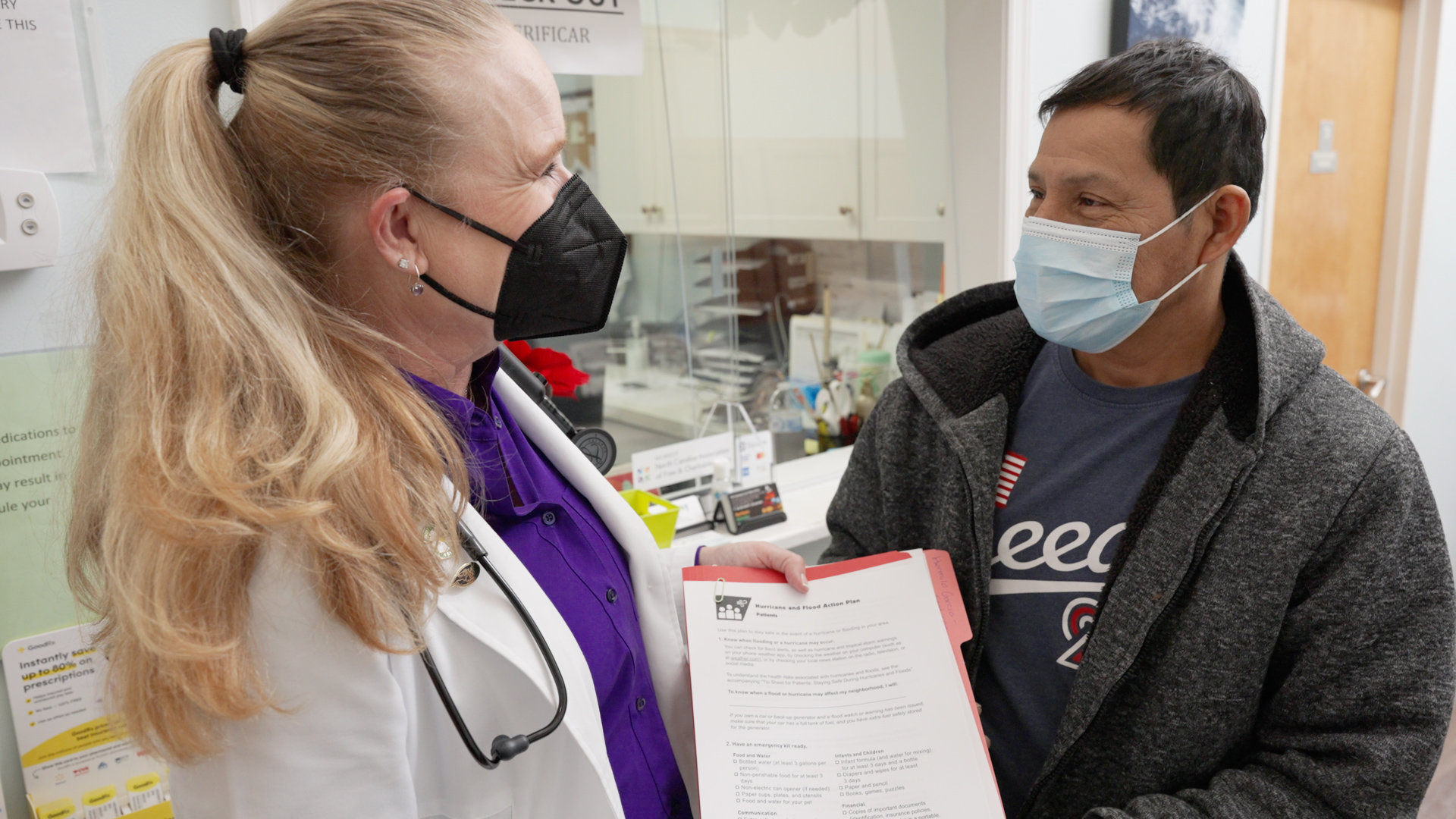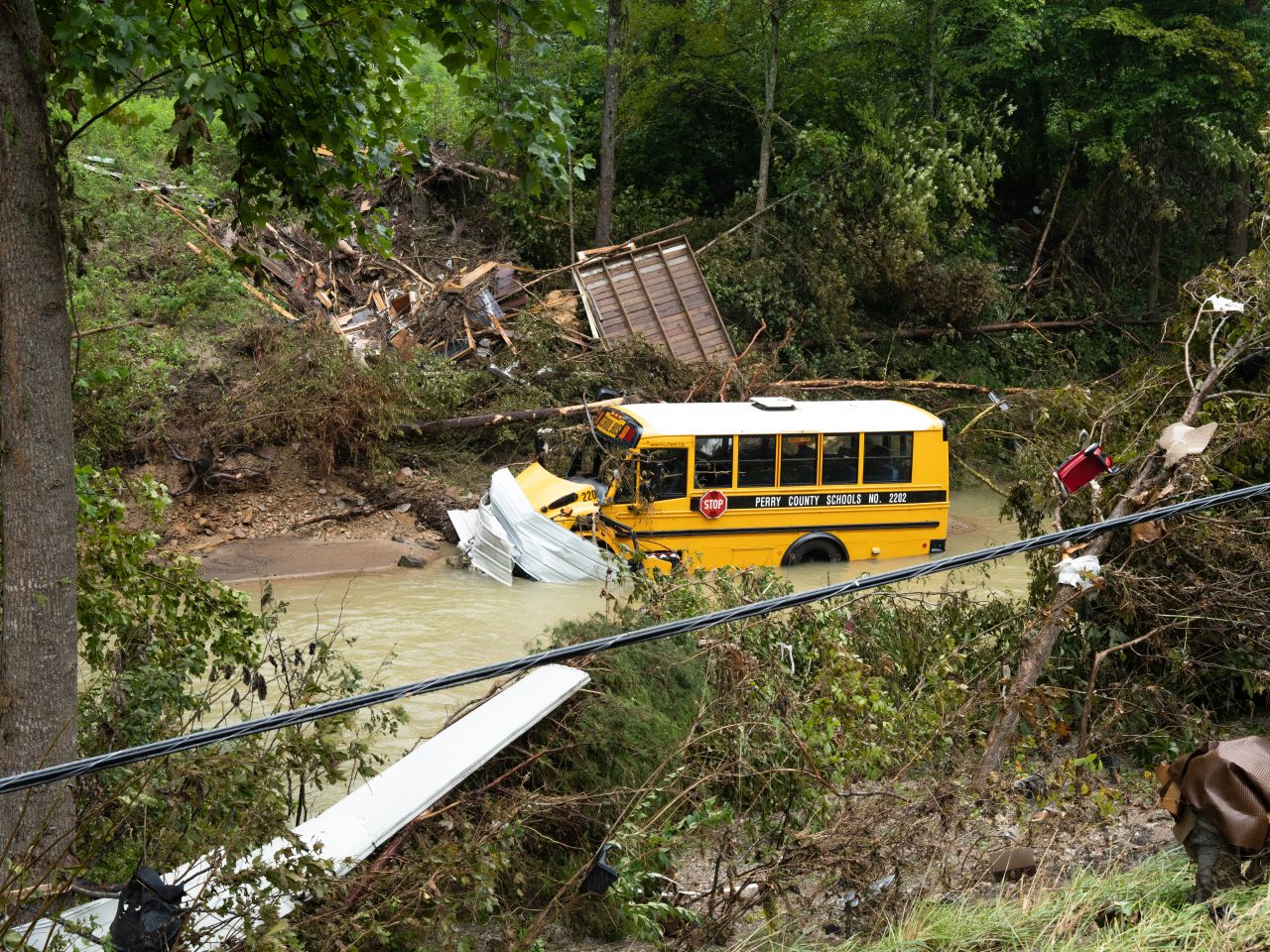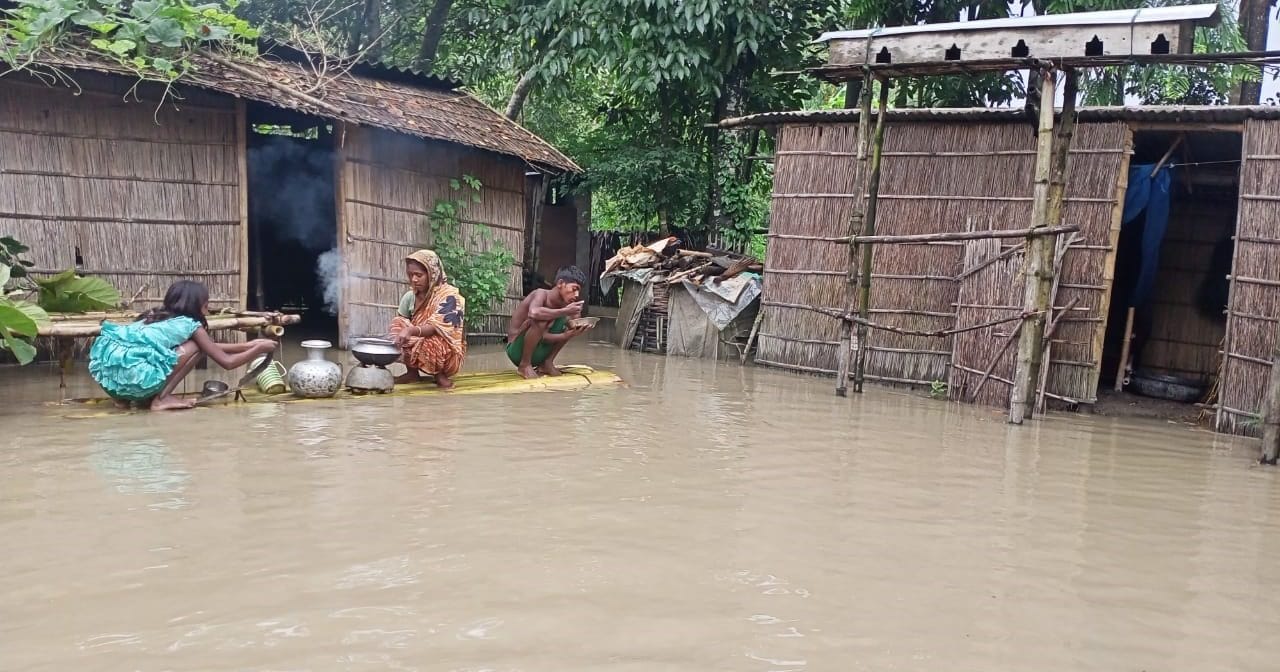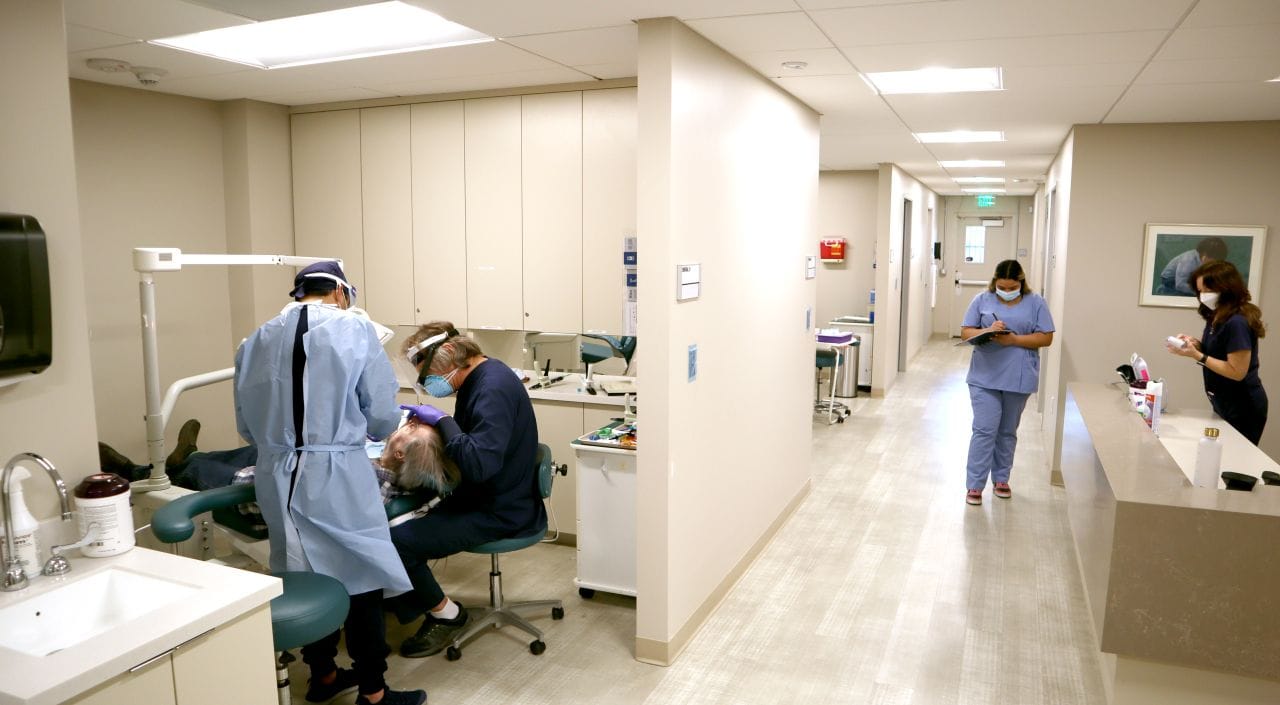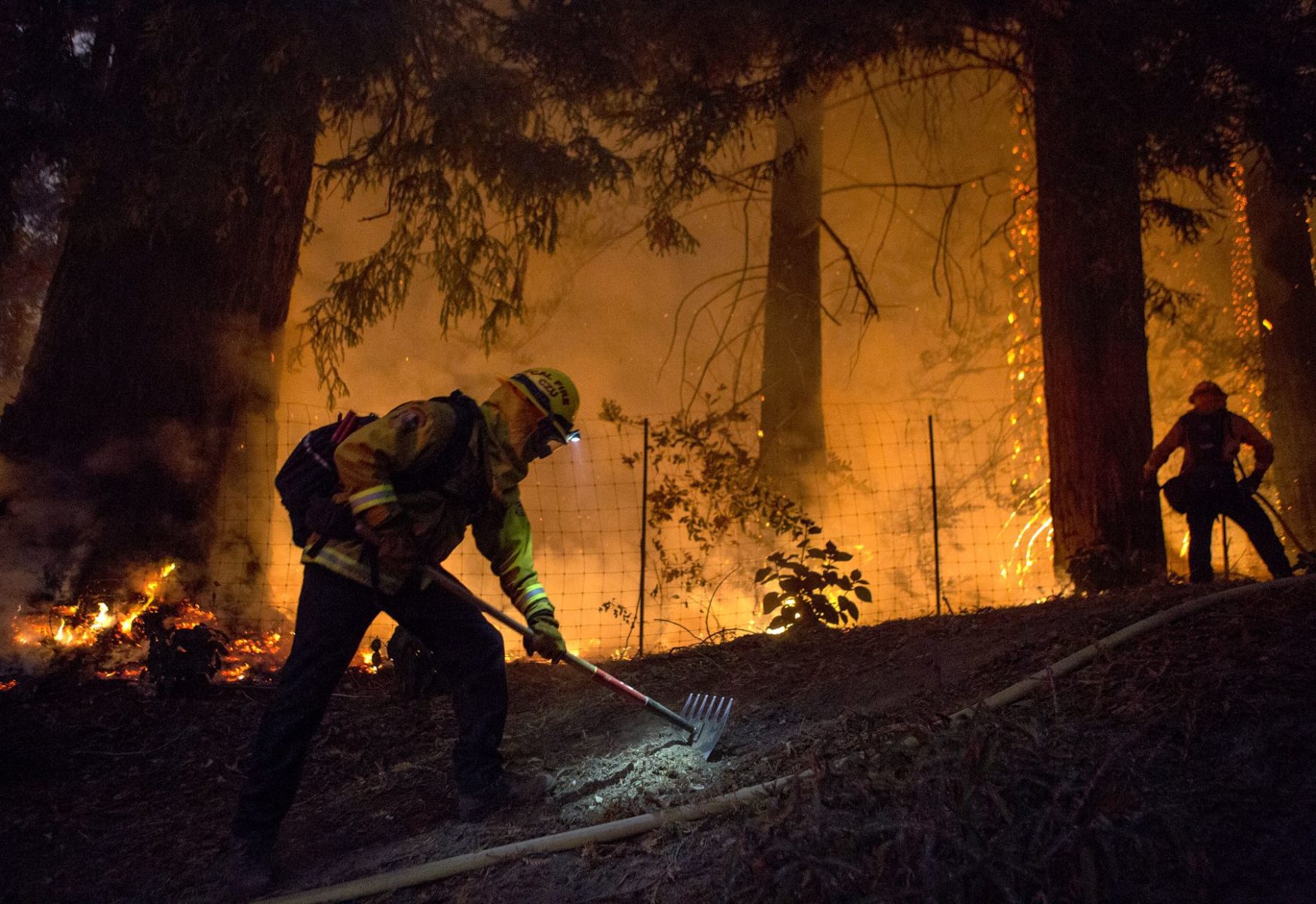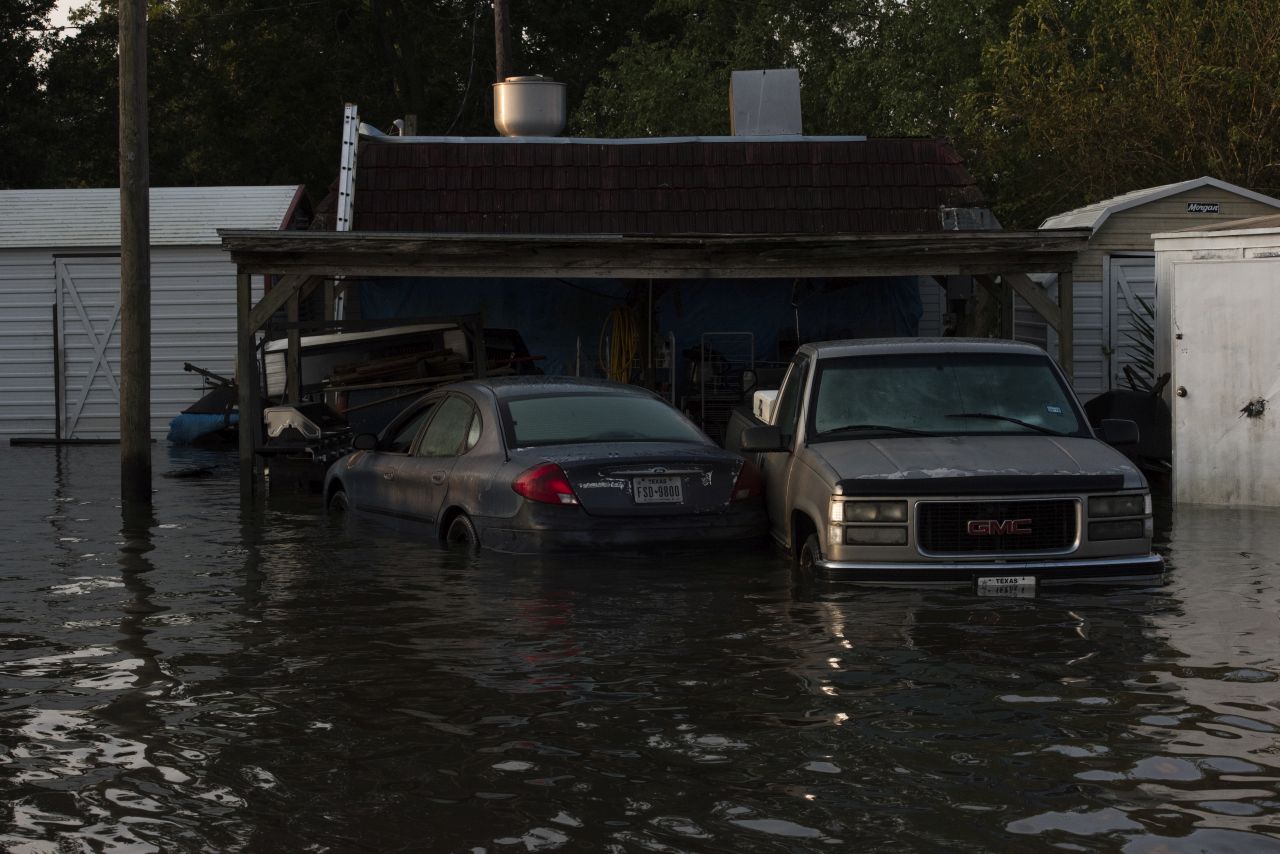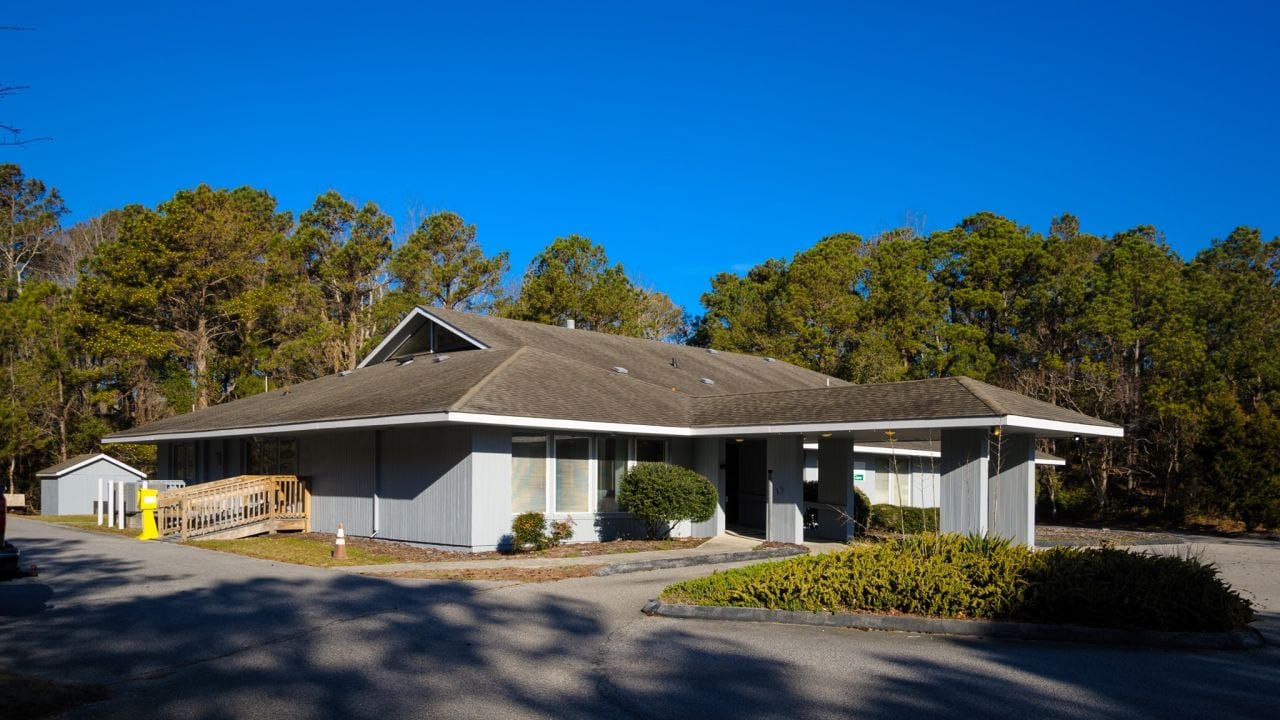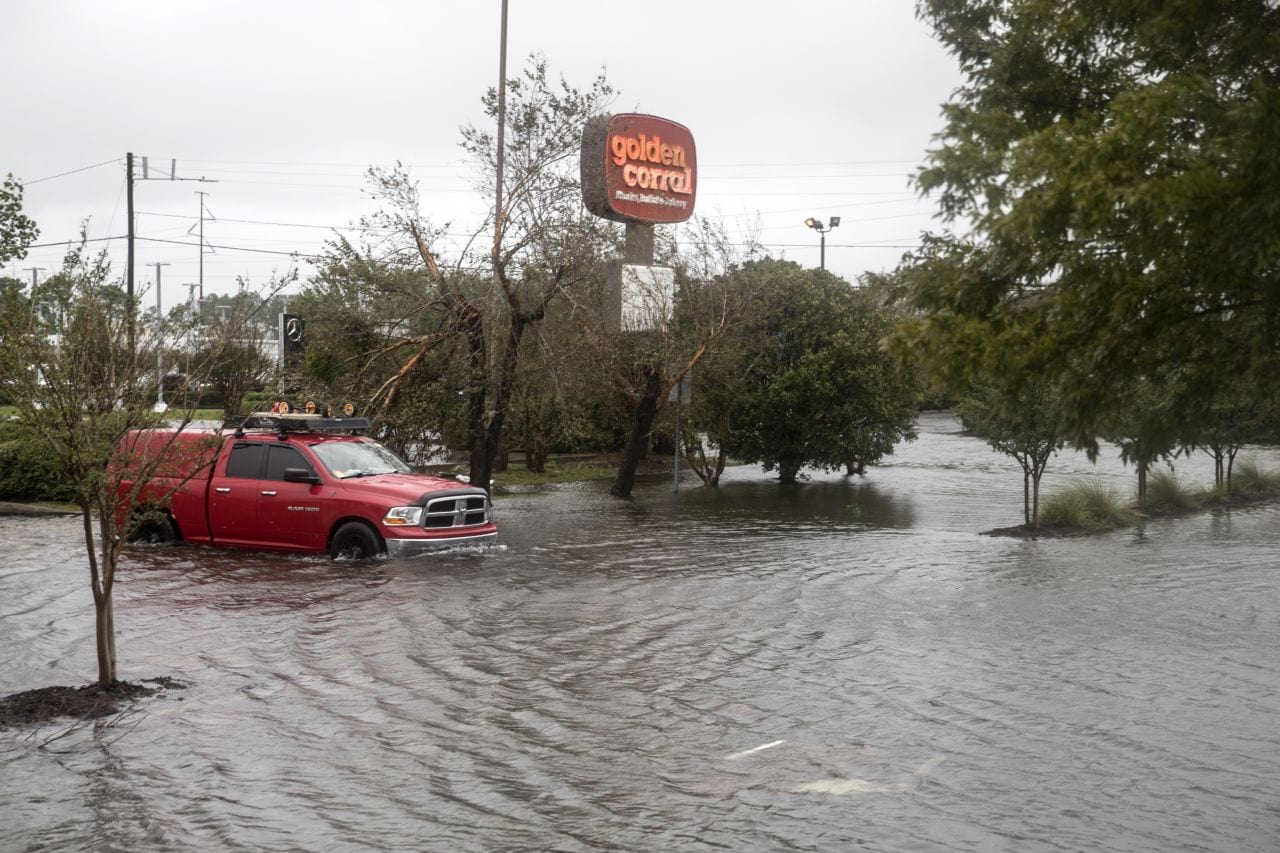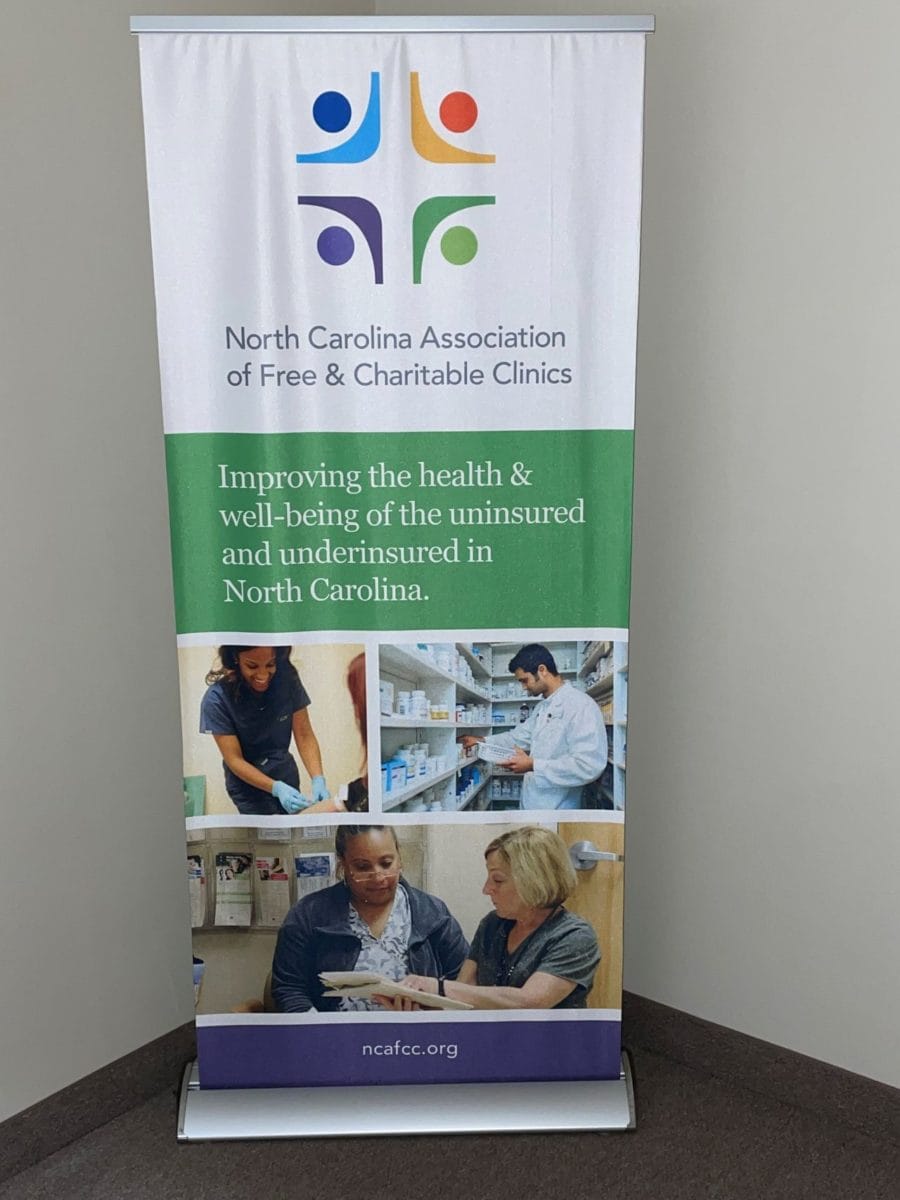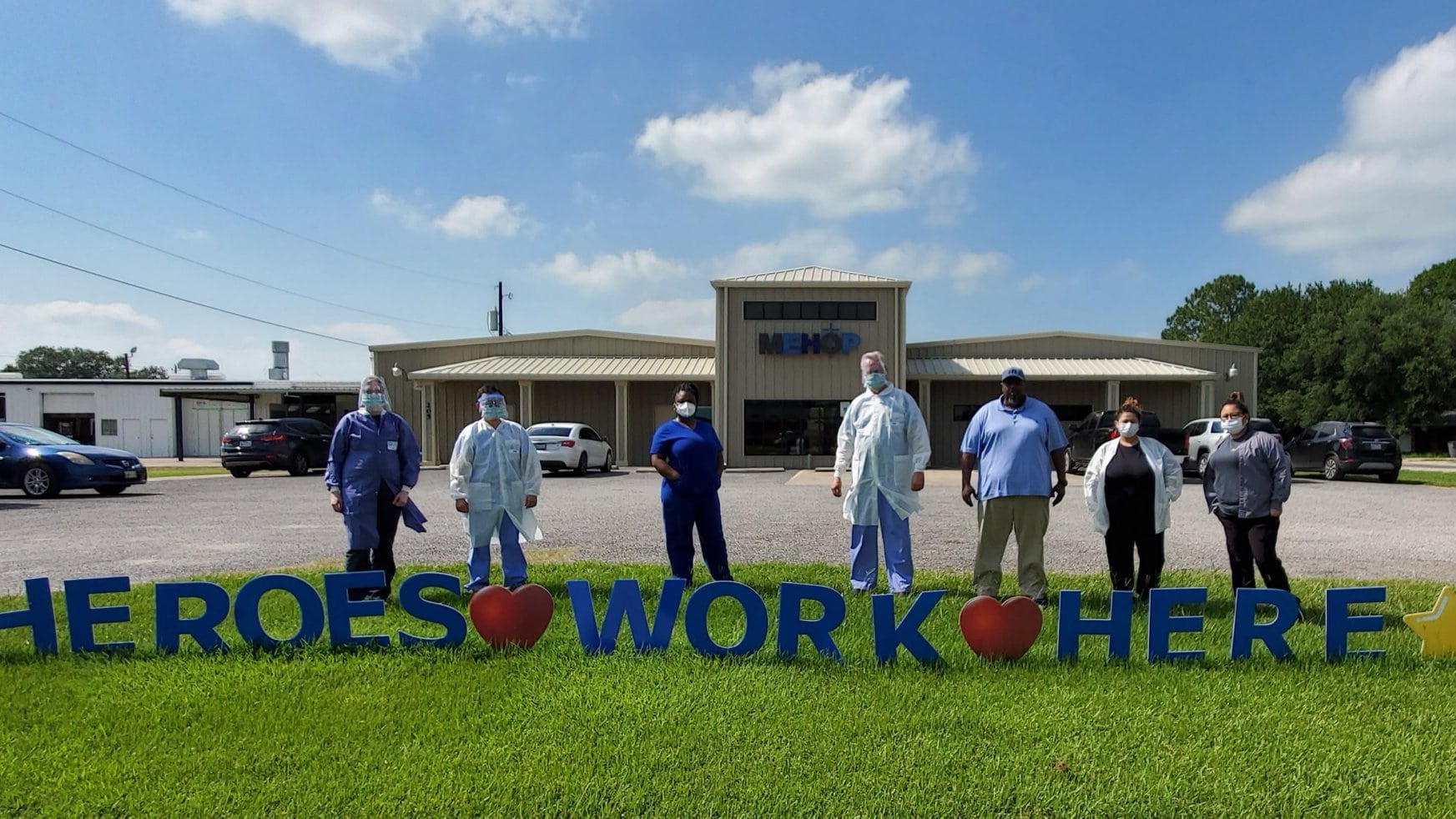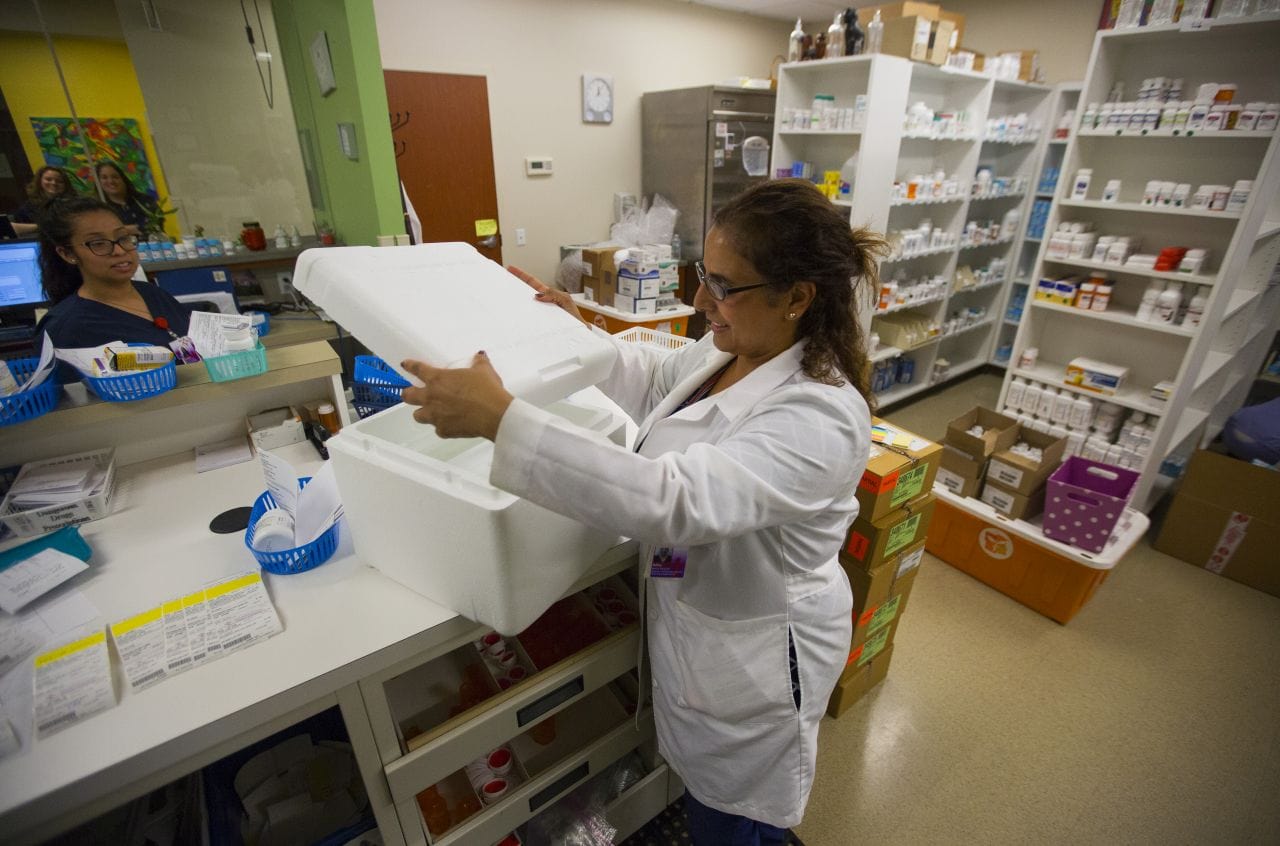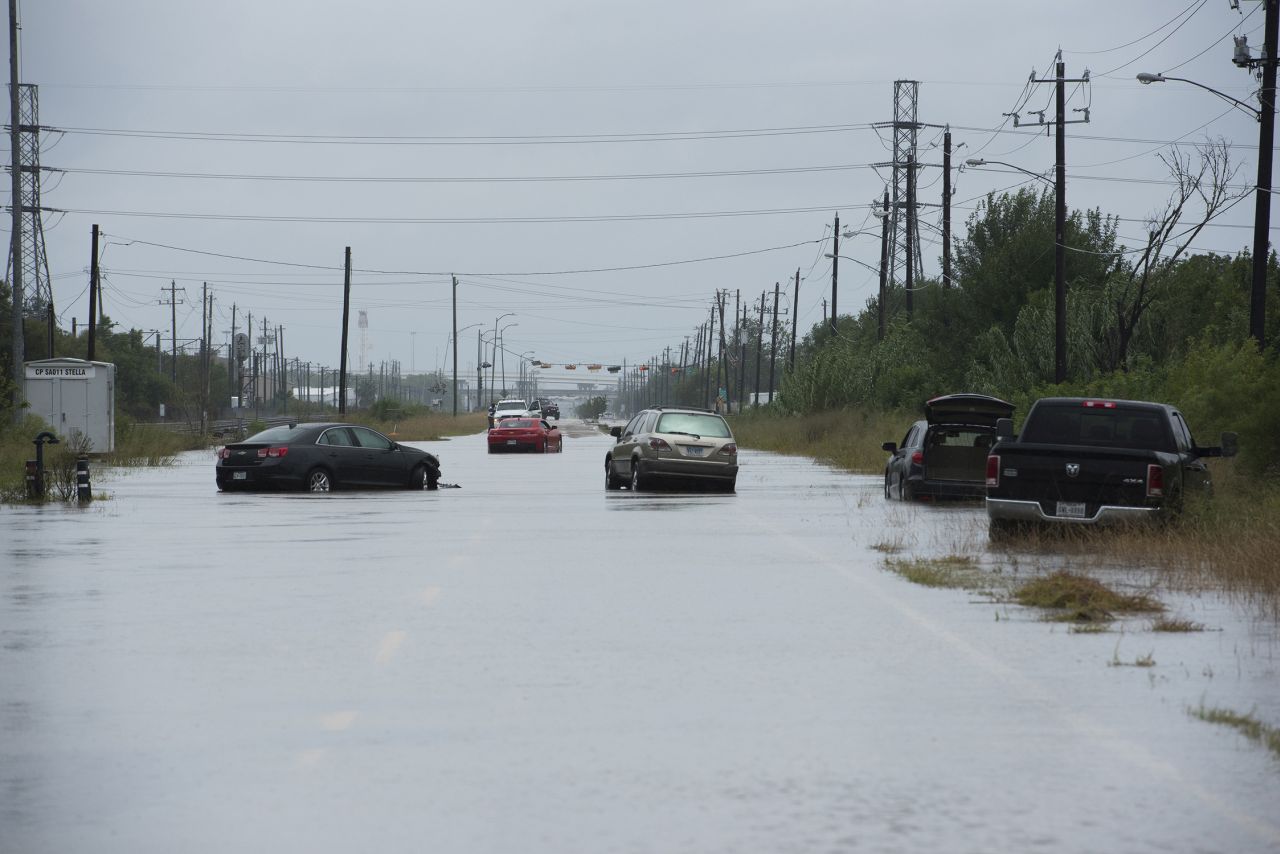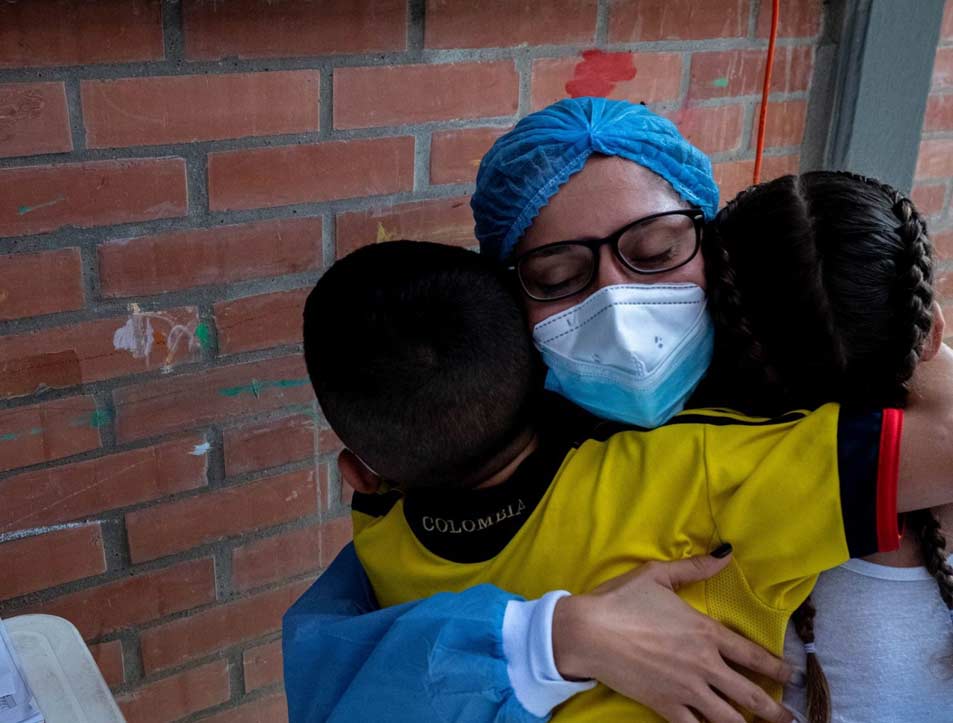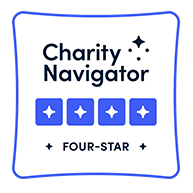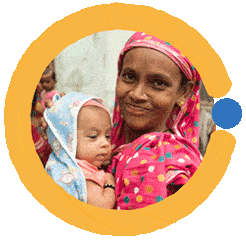The Project Story
“Climate change does not affect all of us equally. Around the world, people who have contributed the least to the problem are impacted most,” said Elena Ateva, Director, Climate and Disaster Resilience. “This project supports clinics on the front lines of the climate crisis – clinics already serving marginalized patients – helping them to build resilience and be ready the next time extreme weather strikes.”
The Center for Climate, Health, and the Global Environment at Harvard T.H. Chan School of Public Health (Harvard Chan C-CHANGE) and Americares have collaborated to help protect people on the frontlines of the climate crisis with the Climate Resilience for Frontline Clinics project. Biogen is a founding donor of the project.
This project was born from the urgent need to support frontline clinics in the face of worsening climate disasters. We began with a nationwide survey of clinic staff, revealing a critical situation:
- 81% of clinics experienced disruptions due to extreme weather in the past 3 years.
- Less than 20% felt well-equipped to handle such emergencies
- 77% lacked the necessary knowledge and tools for climate preparedness.
- Over 80% desired training to protect their patients from climate-related health issues.
Fueled by this data, we developed the Climate Resilience for Frontline Clinics Toolkit. The initial toolkit underwent user-experience testing with clinics in California, Massachusetts, North Carolina and Texas. We conducted focus groups to gather valuable feedback about knowledge gaps, real-world challenges and ways to best serve patients. Following the initial launch in December 2022, the toolkit saw widespread adoption with nearly 20,000 downloads globally.
In 2023, Americares and Harvard Chan C-CHANGE evaluated the toolkit with 19 clinics across the U.S. The evaluation process involved clinics incorporating the toolkit into their daily operations. Through surveys, focus groups and interviews, these clinics provided crucial feedback on the toolkit’s effectiveness and potential areas for improvement. Additionally, expert workgroups were consulted for each module to gather their insights.
The current toolkit, released in autumn 2024, reflects our commitment to user-led input and continuous improvement. It incorporates:
- Three years of user experience and subject matter expert feedback
- The latest scientific knowledge on climate change and health impacts
- Actionable strategies to address these challenges
This toolkit provides crucial resources for frontline clinics, empowering them to become more resilient in the face of climate challenges.
